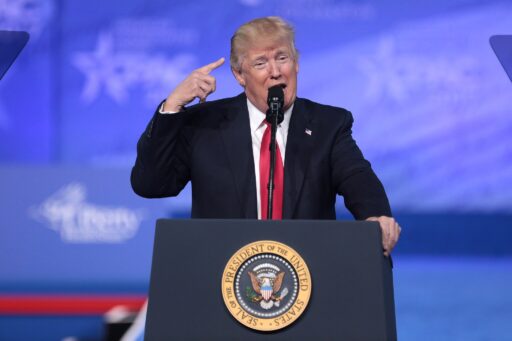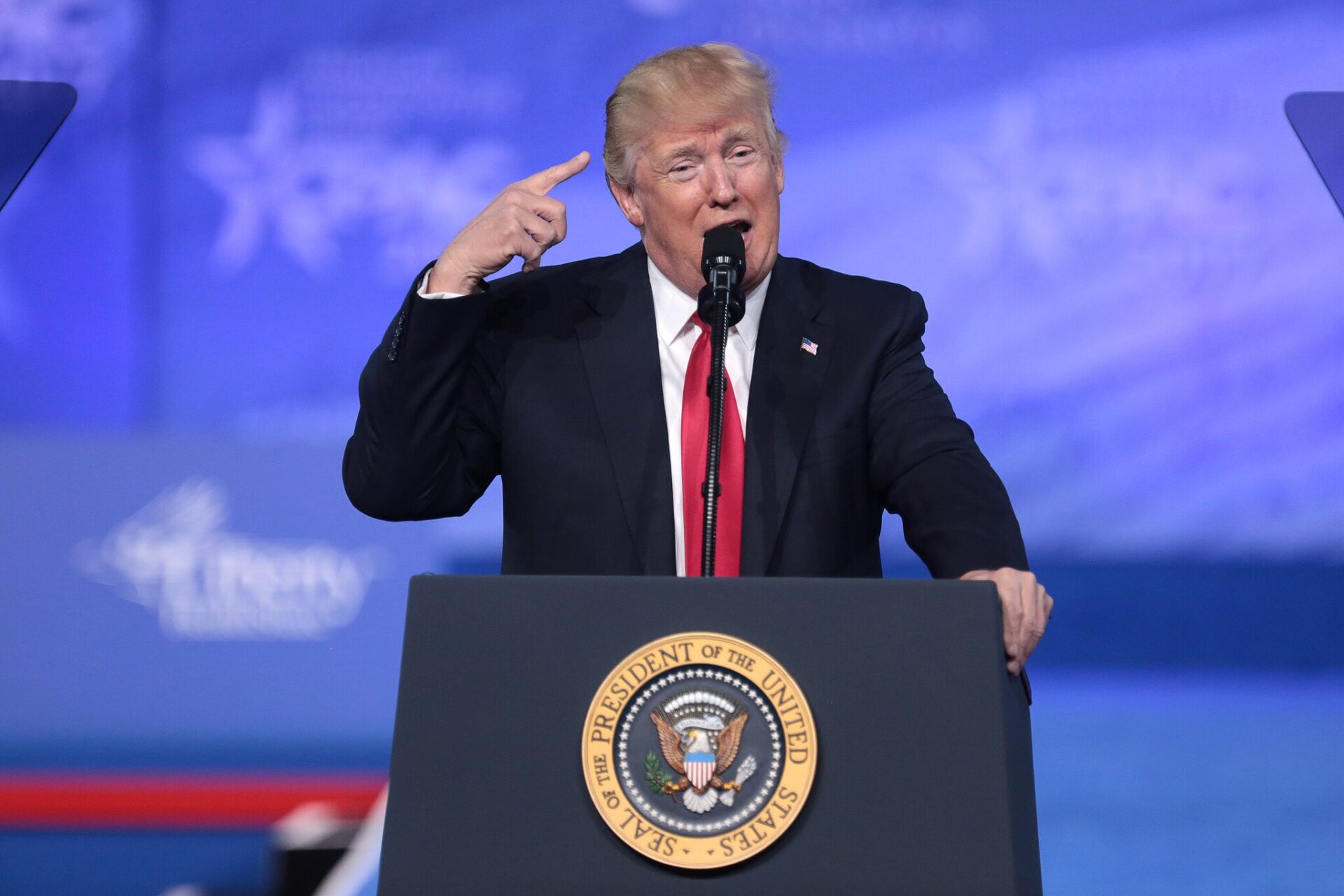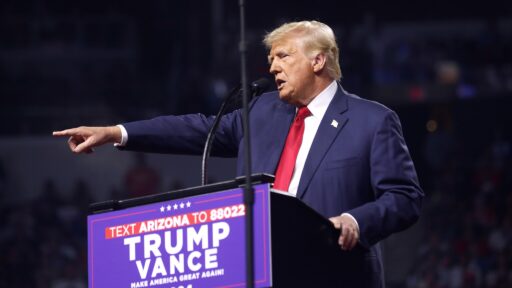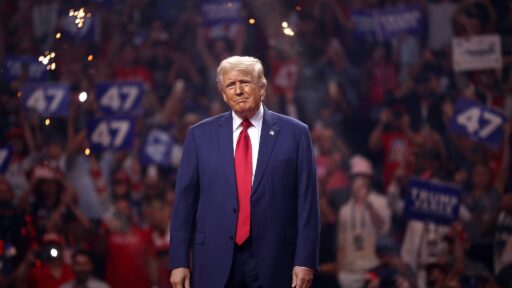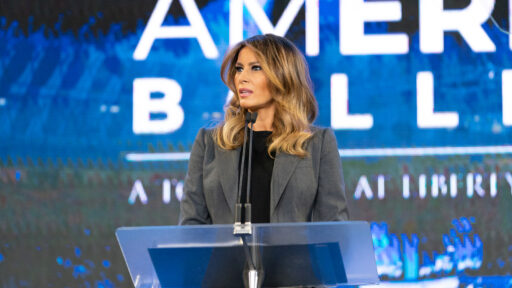Everybody wants to be Trump’s friend.
A significant number of foreign leaders are eager to secure an invitation to President-elect Trump’s inauguration later this month—a departure from the typical protocol that sees few heads of state attending U.S. presidential inaugurations. While the tradition has usually kept foreign dignitaries away from these ceremonies, Trump’s break from convention has caused a frenzy. After inviting Chinese President Xi Jinping, who has declined the invitation in favor of sending a high-ranking emissary, many other leaders have been scrambling to gain access to the event.
The list of countries vying for an invitation reads like a global who’s who of emerging and developing nations, with leaders from Chile, Peru, Nigeria, and Mozambique reportedly pushing hard to make the guest list. According to one foreign agent, these leaders are “champing at the bit” to be included in the historic occasion.
However, the reality is that most will be turned away. The invitations are being carefully curated, and many smaller or less influential nations simply won’t make the cut. “If you’re Costa Rica, for example, there’s no way you’re getting an invite,” one insider said. “You’re not bringing in business deals or significant trade, so what’s the value for us?”
Despite the tight guest list, those who do make the cut will likely have significant reasons for being there. Many leaders are hoping to use the event to advance their national interests or gain Trump’s attention on specific issues. Nigerian President Bola Tinubu, for example, may be seeking security assistance for his country’s volatile northern region, while also looking for investment opportunities in the more stable southern part of Nigeria.
Trump’s invitations also appear to favor leaders with ideological or political alignment. Italian Prime Minister Giorgia Meloni, Argentinian President Javier Milei, and Brazilian former President Jair Bolsonaro are all reportedly invited and plan to attend. Notably, El Salvador’s President Nayib Bukele, who has gained international praise for his crackdown on gang violence, is also expected to make an appearance.
One of the more high-profile figures attempting to gain an invitation is Ukrainian President Volodymyr Zelensky. Although Trump has not yet extended a formal invitation, he has publicly stated, “If he’d like to come, I’d like to have him.” Zelensky’s camp is reportedly trying to secure an invitation through various channels, seeking to align with the new administration in hopes of influencing future U.S. policy toward Ukraine.
The eagerness of foreign leaders reflects the dramatic shifts in global politics over the past four years. As the world faces increasing instability, many heads of state are keen to engage with Trump early on, hoping to shape the direction of U.S. foreign policy on key issues, from security to trade. Bryan Lanza, a former Trump campaign senior advisor, explained, “A lot of world leaders are looking to get to him first, to make their case and influence his response to international crises.”
With more than $170 million in donations flooding into Trump’s inaugural fund, the inauguration is shaping up to be not just a celebration of the peaceful transfer of power, but also a high-stakes event where international leaders hope to solidify their relationship with the 47th President of the United States.


